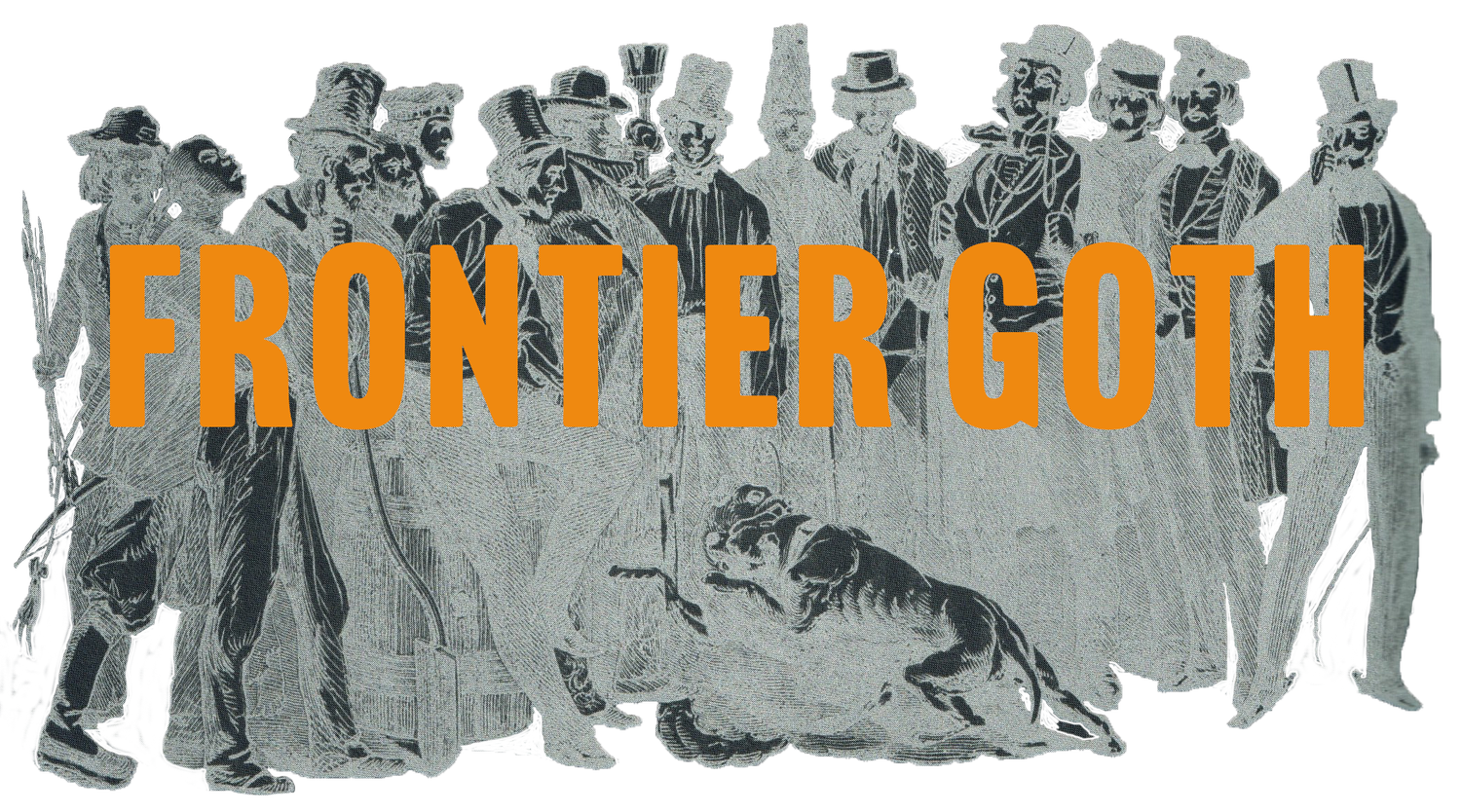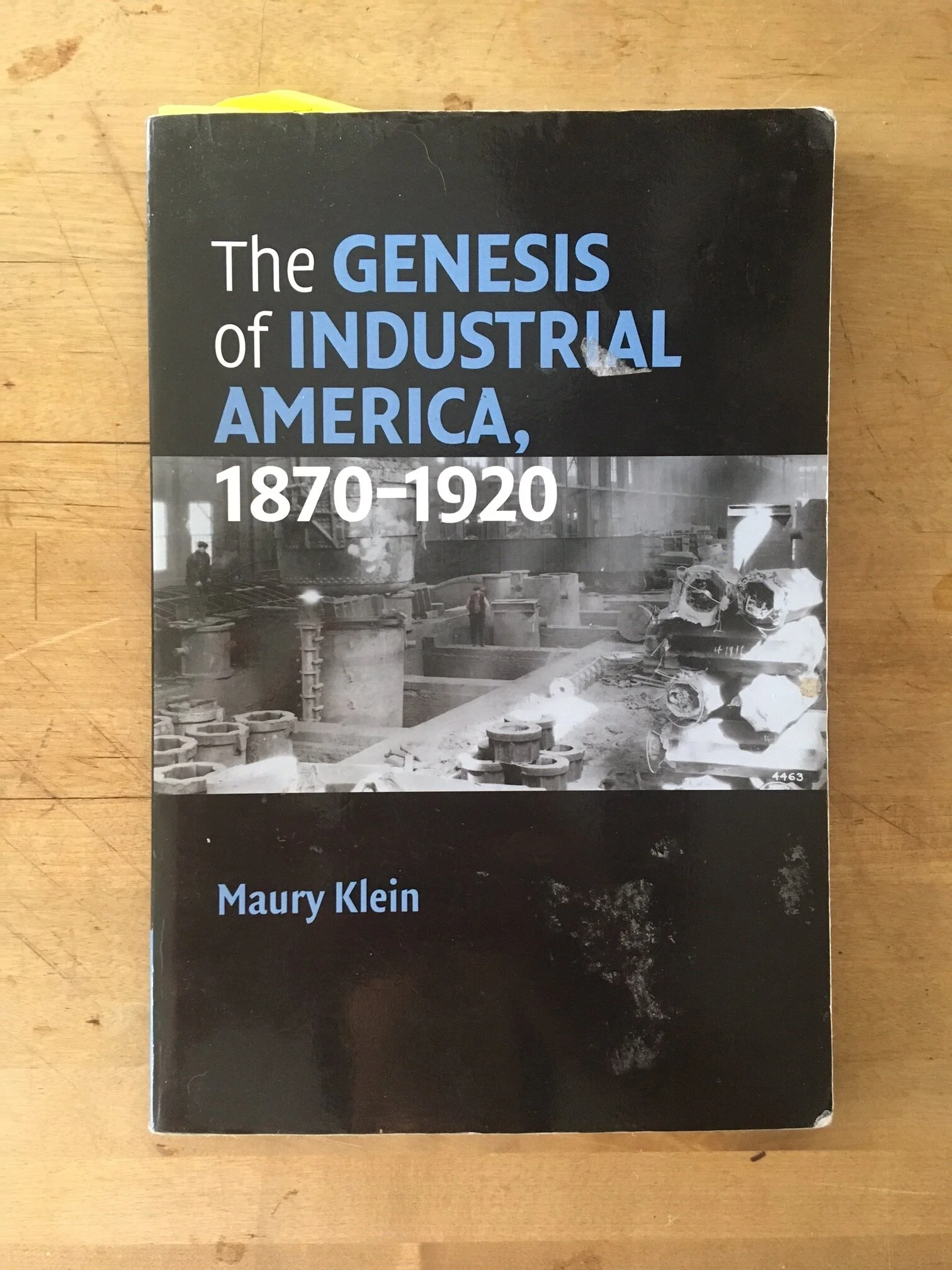The Genesis of Industrial America, 1870-1920 by Maury Klein
“The industrial economy made the city a place of fabulous wealth and material prosperity. In the process it also generated huge social overhead costs ranging from environmental damage, health hazards, and brutal working conditions to social disorders such as slums, corruption, and rising crime rates to psychological tolls exacted by poverty, social dislocation and the stress wrought by constant change. A curious paradox arose: The more integrated the corporate economy became, the more alienated the corporate society grew. The more organized and formal American life became, the more volatile and fragmented it grew. The social unrest unleashed by economic progress gave rise to the political upheavals that historians have lumped together under the rubric of the Progressive movement without knowing exactly what that meant. At its heart lay a fear of bigness and unbridled change.
“This fear of bigness was in part a revolt against modernism, a reaction to the forces that were ripping apart the familiar fabric of American life. The new industrial city embodied all the elements underlying this fear. It directly challenged traditional American values while at the same time offering the allure of a life filled with material possessions and promising ever more pleasure, comfort, convenience, and ease. In this manner cities became a perverse magnet, alternately attracting rural folks with their novelties and excitement and repelling them with its vices and corrupting influence. Many succumbed to the lure and came to the city in search of adventure, opportunity, and escape from the numbing monotony of the farm. Others clung to their traditional values and denounced cities as sinks of corruption that seduced young people from their homes and values. The intensity of this clash of cultures has scarcely lessened over the course of the past century.”
-Maury Klein, 2007


